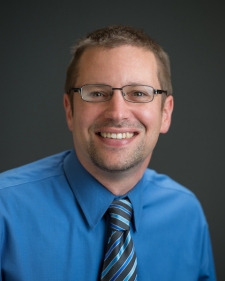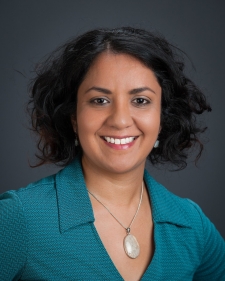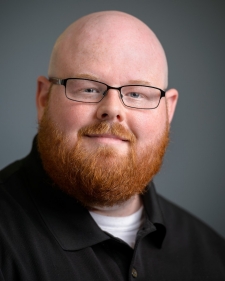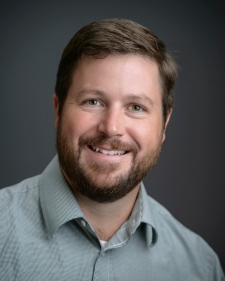Villanova University’s Department of Geography and the Environment Receives More Than $1.1 Million in Grants from NOAA, NSF
Faculty from Villanova University’s Department of Geography and the Environment were recently awarded four grants, totaling more than $1.1 million. In all, three grants were received from the National Oceanic and Atmospheric Administration (NOAA) and one from the National Science Foundation (NSF). The total award amount for the projects, including funding received by other institutions, is nearly $3 million.
The projects include creating environmental justice and place-based learning experiences for high school students, the impact of marine debris in Puerto Rico’s waterways, reducing tornado impact in the Southeastern United States and measuring the impact of sea level rise on coastal ecosystems along the East Coast. These grants will allow several undergraduate and graduate students research opportunities with faculty throughout the duration of the projects.
More information about the research can be found below.
Steven Goldsmith, PhD, associate professor, Geography and the Environment

Goldsmith received a three-year $399,155 grant from NSF to collaborate with Philadelphia’s Walter B. Saul High School and its Career & Technical Experience Program in Natural Resources to create an environmental justice, place-based active learning experience. The high school students will have the opportunity to assess environmental contamination within their community, determine the efficacy of existing solutions and experiment with designing and sharing solutions using advanced technologies currently employed by geoscience academics and professionals. Nine students from the academic year modules will be invited to participate in a summer institute at Villanova, spending a month on campus working directly with the faculty and with Villanova undergraduate students on research projects.
Goldsmith will work with GEV colleague Kabindra Shakya, PhD, assistant professor, and Chemistry’s Vanessa Boschi, PhD, assistant research professor. The three will develop monthly educational modules and research experiences in their respective expert areas of water, air and soil contamination for the high school students. Additionally, Lisa Marco-Bujosa, PhD, assistant professor of Education, will assist with the design of the educational modules and program assessment.
Lisa Rodrigues, PhD, associate professor, Geography and the Environment

Rodrigues has been awarded a three-year, $338,123 grant from NOAA’s Marine Debris Program to study the sources and deposition locations of marine debris as it moves through rivers in Puerto Rico and gets distributed in the ocean. Rodrigues will be working with her colleagues Dr. Goldsmith, who has expertise in watersheds and rivers, and Tory Chase, PhD, postdoctoral teaching fellow in the Department of Geography and the Environment, who has expertise in marine ecology.
While the project is not scheduled to begin until early 2022, their team started a pilot experiment on campus monitoring how debris submerged in water and sediment in mason jars degrades over time. They will monitor the debris in temperature-controlled jars and examine the chemicals that are released. This information will be scaled up to understand how beaches or riverbanks in Puerto Rico are being impacted by buried marine debris.
Total project funding is $676,244.
Stephen Strader, PhD, assistant professor, Geography and the Environment

Strader received a three-year, $176,225 grant from NOAA to study how to reduce tornado impact on vulnerable Southeast residents, enhance tornado survivability and develop solutions that bridge the gap between researchers, decision makers, Integrated Warning Team (IWT) members and the public. This work builds on Strader’s previous research of the vulnerabilities mobile home residents in the Southeast face during a tornado evacuation.
Overall, this work will lead to better IWT-to-vulnerable resident tornado warning communication, improved vulnerable resident protective action decision making and greater tornado survivability across the Southeast U.S.
Total project funding is $492,773.
Nathaniel Weston, PhD, associate professor and chair, Geography and the Environment

With a three-year, $219,191 grant from NOAA, Weston will explore the impact of rising sea levels on coastal ecosystems and surrounding communities. Tidal marshes provide critical ecosystem services such as buffering storm surge impacts on coastal communities during hurricane landfall and other coastal storm events. The project, led by the University of Georgia, will predict change along the South Carolina, Georgia and Delaware Bay coasts with future sea level rise. By determining historical rates of marsh elevation change in each system, modeling future marsh response to climate change and sea level rise, and quantifying the ecosystem services provided by these marshes, this research will inform robust management decisions and prioritize adaptation, restoration, and mitigation activities in each of the coastal system study sites.
Total project funding is $1,420,729.
